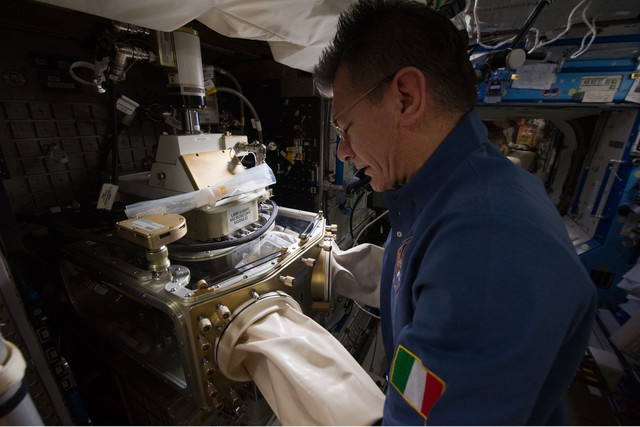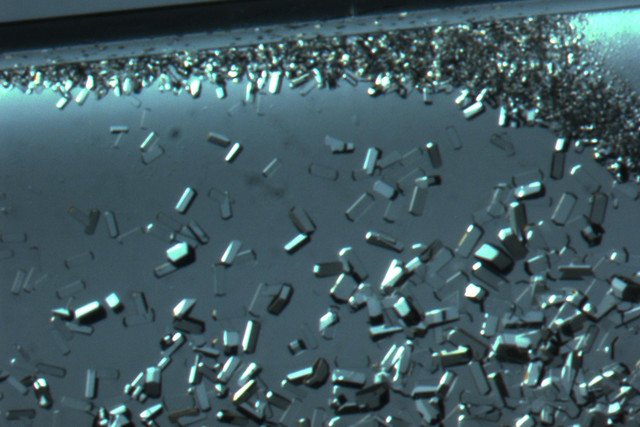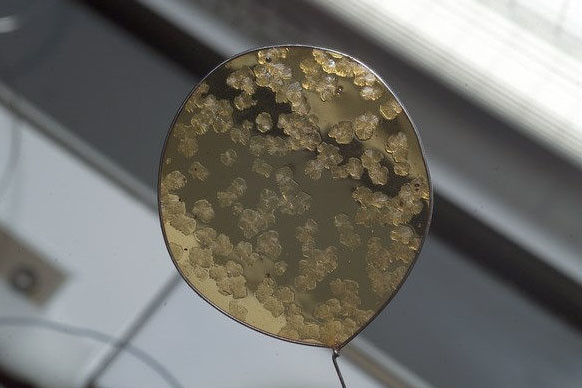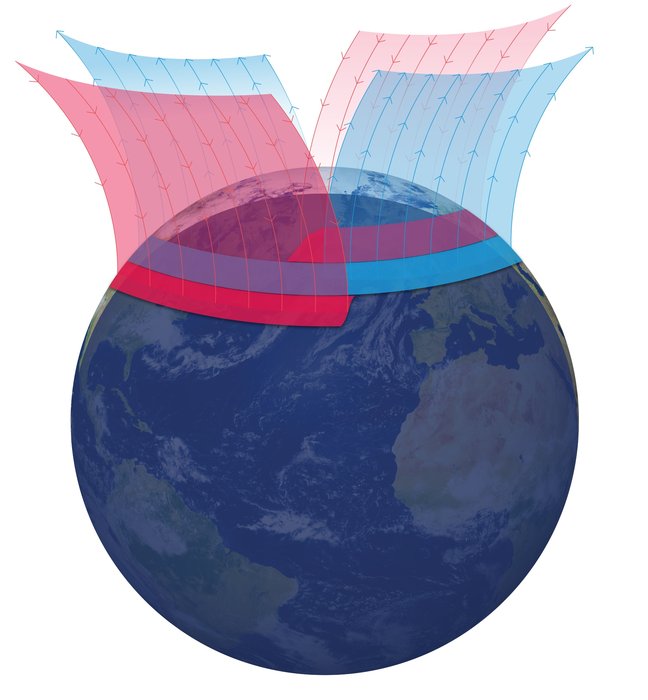Astronauts could soon be growing crystals in space in an attempt to improve our drugs down here on Earth. Experts reckon that crystals grown in space develop differently to those here on Earth and could be the key to making more efficient drugs faster. Astronauts onboard the International Space Station (ISS) have been given the task of finding out why crystals have fewer imperfections and are bigger in size when grown in microgravity.
To design any drug, the chemist must first understand the structure of the proteins the drug is intended to work on. However, these tiny proteins are so small they need to be crystallized first to reveal their 3D blueprint. If higher quality crystals are grown in space researchers will be able to closer study them and hopefully get to the bottom of the complexities of their proteins. They can then use their findings to adapt their own crystal-growing methods and develop better blueprints as a result.
Scientists still can’t explain why crystals grow better tin space, they just do. Some suggest it’s because of the slower growth they experience up there. This is one area that will be tested by one of the ISS experiments (The Effect of Macromolecular Transport on Microgravity Protein Crystallization – or LMM Biophysics 1) that are due to ahead shortly. The other experiment called Growth Rate Dispersion as a Predictive Indictor for Biological Crystal Samples Where Quality Can be Improved with *Microgravity Growth – or LMM Biophysics 3, will look to see which particular crystals are best grown in space, as previous research has proved that not all proteins benefit from microgravity.


Credits: Lawrence DeLucas. Credits: NASA
Edward Snell is LMM Biophysics 3 primary investigator, and he recently explained in a statement, “Some proteins are like building blocks. It’s very easy to stack them. Those are the ones that won’t benefit from microgravity. Others are like jelly beans. When you try and build a nice array of them on the ground, they want to roll away and not be ordered. Those are the ones that benefit from microgravity. What we’re trying to do is distinguish the blocks from the jelly beans.”
*Microgravity Growth of Antibody Crystals in the Hand Held High-Density Protein Crystal Growth Hardware (HDPCG) focuses on the crystallization of a human monoclonal antibody, a specialized type of protein made by immune cells that can bind to target cells or other proteins to perform a specific task… / Source: NASA
More News to Read











